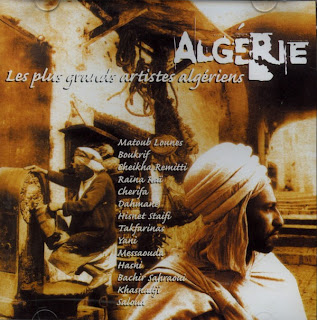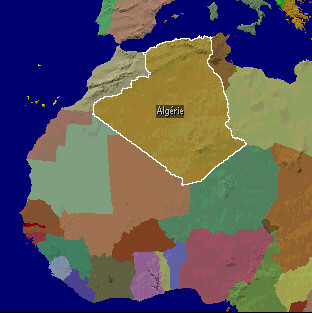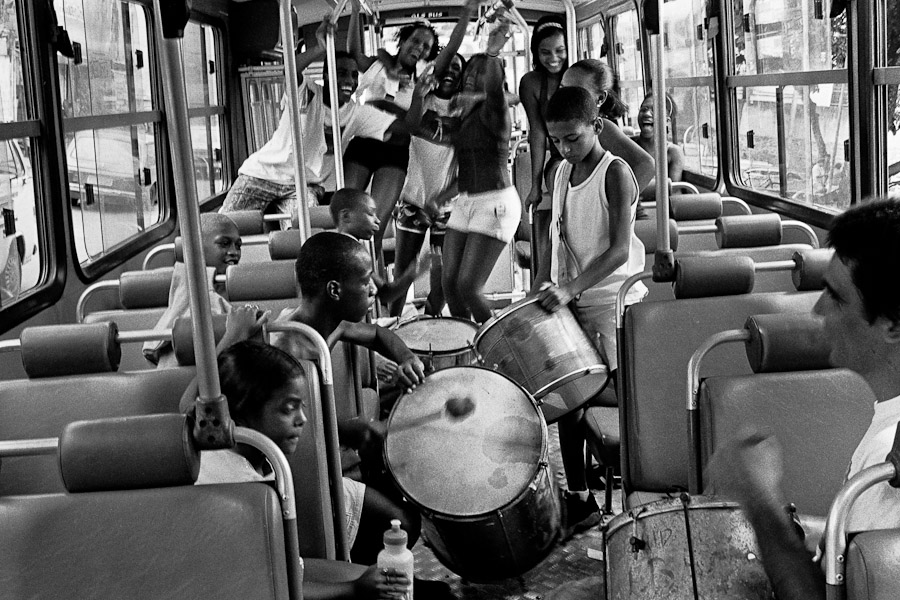Jimmy Giuffre & Jim Hall
Featuring Ralph Peña
The Original Trio
Tracks:
01. Gotta Dance
02. Two Kinds Of Blues
03. Song Is You
04. Crazy She Calls Me
05. Voodoo
06. My All
07. That's The Way It Is
08. Crawdad Suite
09. Train And The River
10. Four Brothers
11. Gotta Dance
12. Two Kinds Of Blues
Bonus Tracks*:
13. Train And The River
14. Train And The River
Personnel:
Featuring Ralph Peña
The Original Trio
Tracks:
01. Gotta Dance
02. Two Kinds Of Blues
03. Song Is You
04. Crazy She Calls Me
05. Voodoo
06. My All
07. That's The Way It Is
08. Crawdad Suite
09. Train And The River
10. Four Brothers
11. Gotta Dance
12. Two Kinds Of Blues
Bonus Tracks*:
13. Train And The River
14. Train And The River
Personnel:
Jimmy Giuffre (cl, ts, bs)
Jim Hall (g)
Ralph Peña, Jim Atlas* (b)
Jim Hall (g)
Ralph Peña, Jim Atlas* (b)
you can buy it here : )
Innovative stuff from the first Jimmy Giuffre trio, an unusual line-up of guitar and bass with Giuffre alternating between sax and clarinet, happy to dispense with a drummer and rely on an implied rhythm supplied by collective musicianship.
Studio sessions from 1956/57 are augmented with recordings from the “Stars of Jazz” and “The Sound of Jazz” TV shows, including a second version of Giuffre’s most famous tune 'The Train and the River'. (Jim Atlas replaces Ralph Peña on bass on both cuts).
Studio sessions from 1956/57 are augmented with recordings from the “Stars of Jazz” and “The Sound of Jazz” TV shows, including a second version of Giuffre’s most famous tune 'The Train and the River'. (Jim Atlas replaces Ralph Peña on bass on both cuts).
An expanded version of the first album to feature the Jimmy Giuffre trio – originally issued by Atlantic as The Jimmy Giuffre 3, but featuring additional bonus live tracks here! The core session is groundbreaking trio work from Giuffre – an album that cut loose both the piano and the drums – in a way that took Gerry Mulligan's earlier rhythm-less experiments with jazz, and pushed them one degree further! The group on the session features Giuffre on clarinet, tenor, and baritone sax – alongside the guitar of Jim Hall and bass of Ralph Pena – all working together with no other accompaniment, but in a way that's as swinging as it is airy – an amazing exercise in tone, color, and control! The sound is out of this world, and the notes just hang lightly in air – beautifully dancing around one another.
© 1996-2012, Dusty Groove America, Inc.
♥





































































+Front.jpg)

















